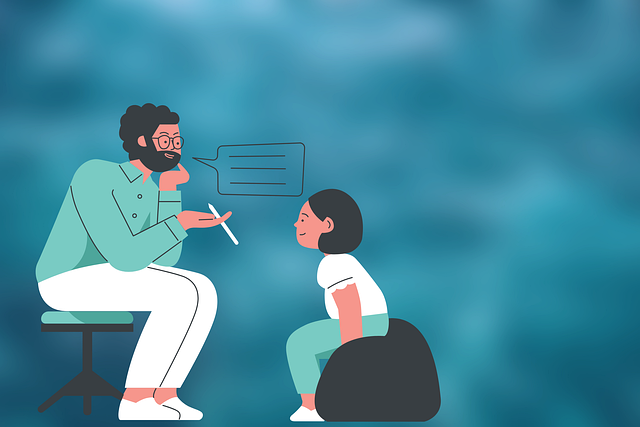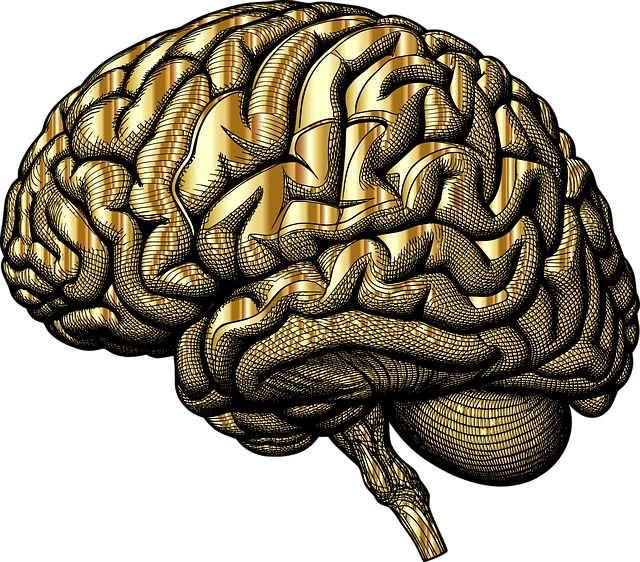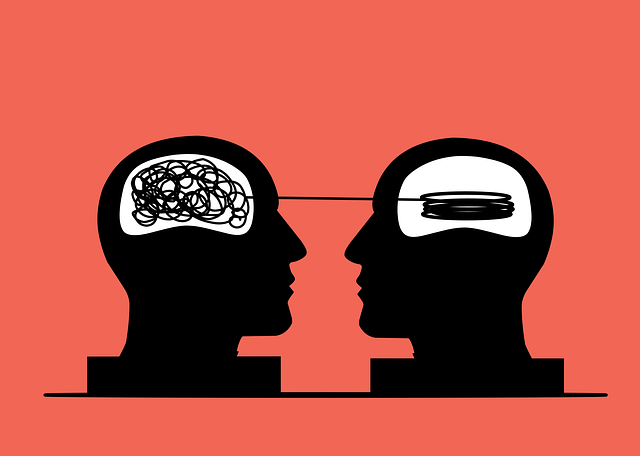Aurora Learning Disability Therapy offers a specialized approach to emotion regulation, empowering individuals with learning disabilities to overcome unique challenges. Through teaching emotion recognition, processing, and healthy response, therapists enhance resilience and decision-making skills. This leads to improved academic performance and self-control during emotionally charged tasks. Evidence-based methods like mindfulness practices, cognitive reframing, and adaptive coping skills are integrated into tailored sessions, providing a comprehensive toolkit for stress reduction and emotional well-being. Practical strategies include mindful breathing exercises, journaling, structured routines, and daily activities like meditation or physical exercise, all aimed at improving life quality by better managing daily challenges and unexpected stressors.
Emotion regulation techniques are transforming lives, especially those with learning disabilities. This article explores the profound impact of understanding and managing emotions on academic performance and overall well-being. We delve into the role of innovative approaches like Aurora Learning Disability Therapy, which offers effective strategies for navigating emotional challenges. Furthermore, practical tips on integrating emotion regulation into daily routines provide a comprehensive guide for educators and caregivers supporting individuals with learning disabilities.
- Understanding Emotion Regulation and its Impact on Learning Disabilities
- The Role of Aurora Learning Disability Therapy in Teaching Effective Techniques
- Practical Strategies for Incorporating Emotion Regulation into Daily Routines
Understanding Emotion Regulation and its Impact on Learning Disabilities

Emotion regulation is a vital skill that plays a significant role in the lives of individuals with learning disabilities. At Aurora Learning Disability Therapy, we recognize that understanding and managing emotions effectively can significantly enhance a person’s ability to learn, interact, and navigate daily challenges. Learning disabilities often present unique barriers, and emotion regulation techniques offer a powerful tool for overcoming these obstacles. By teaching individuals to recognize, process, and respond to their emotions in healthy ways, therapists aim to foster resilience and improve overall well-being.
This process is crucial as it helps break down complex emotional experiences into manageable parts, allowing for better decision-making and problem-solving. For instance, a child with a learning disability might struggle with self-control during tasks that are emotionally charged or frustrating. Through emotion regulation strategies, they can learn to identify these triggers, implement calming techniques, and subsequently improve their focus and academic performance. Moreover, public awareness campaigns focused on depression prevention and promoting self-care routine development for better mental health can greatly benefit this population, providing them with the means to advocate for their emotional needs in various settings.
The Role of Aurora Learning Disability Therapy in Teaching Effective Techniques

Aurora Learning Disability Therapy plays a pivotal role in empowering individuals to navigate and manage their emotions effectively. This therapeutic approach is particularly effective for teaching emotional well-being promotion techniques, as it tailors strategies to suit diverse learning needs. Through structured sessions, therapists guide clients towards understanding their emotional responses and providing them with crisis intervention guidance that is both practical and accessible.
By integrating various evidence-based methods, Aurora Learning Disability Therapy offers a comprehensive toolkit for stress reduction. This includes teaching mindfulness practices, cognitive reframing techniques, and adaptive coping skills. These tools are not just academic; they are designed to be actionable and adaptable in real-life situations. As a result, individuals gain enhanced emotional resilience, better equipped to handle daily challenges and unexpected stressors, thereby improving overall life quality.
Practical Strategies for Incorporating Emotion Regulation into Daily Routines

Incorporating emotion regulation into daily routines can significantly enhance one’s overall well-being, especially for individuals with learning disabilities, as offered by Aurora Learning Disability Therapy. Practical strategies include mindful breathing exercises, which can be integrated during breaks throughout the day to manage stress and anxiety, effectively preventing burnout, particularly among healthcare providers. Journaling is another powerful tool; dedicating a few minutes each evening to reflect upon one’s feelings and thoughts in a mental wellness journal promotes self-awareness and provides an outlet for processing emotions, thereby facilitating better emotional regulation.
Additionally, establishing structured routines can help individuals anticipate and prepare for various emotional triggers. Simple tasks like creating a visually appealing planner or using reminders on digital devices can serve as cues to practice emotion regulation techniques. For instance, setting aside 10 minutes each morning for mindfulness meditation or engaging in physical activities known to boost mood can set a positive tone for the day. These strategies collectively contribute to better emotional resilience and overall mental wellness.
Emotion regulation is a powerful tool for managing learning disabilities, and the techniques taught by Aurora Learning Disability Therapy offer a transformative approach. By understanding the impact of emotions on learning, individuals can harness these strategies to enhance their daily lives. Practical applications, such as mindfulness exercises and cognitive reframing, enable folks to navigate challenges more effectively. Embracing these practices can lead to improved focus, increased confidence, and better overall well-being, paving the way for personal growth and success in various aspects of life.














